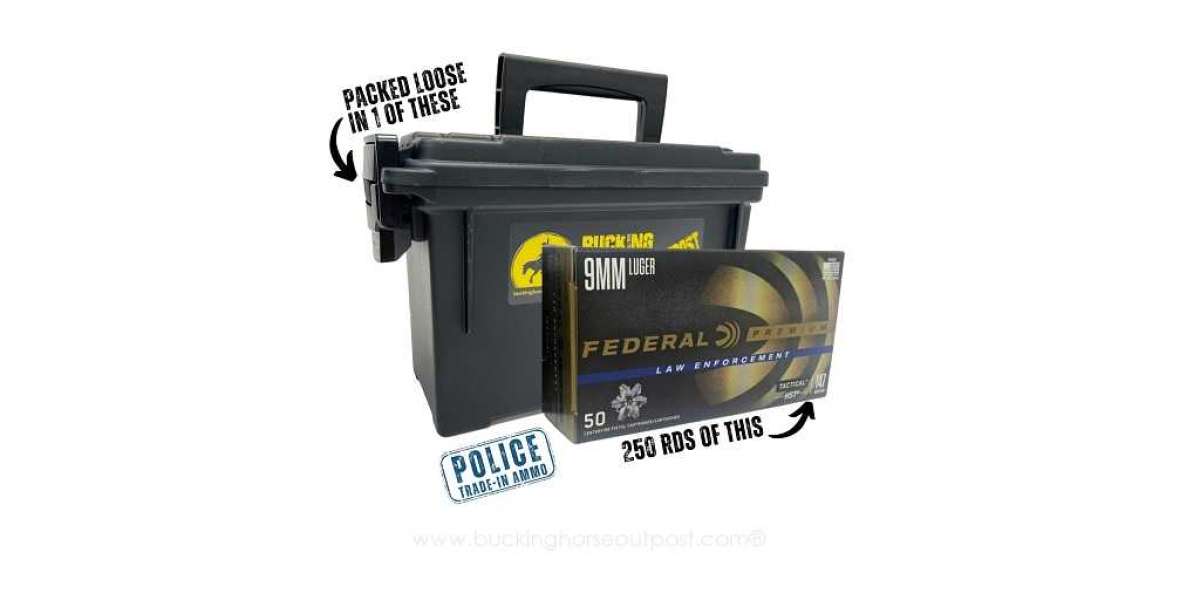Introduction
When it comes to protein supplements, choosing the right type can be overwhelming. Two popular options are whey protein isolate (WPI) and whey protein concentrate (WPC). While both offer benefits for muscle growth and recovery, they differ in composition, processing, and suitability for different fitness goals. In this blog, we’ll compare whey protein isolate and concentrate to help you determine which is better for your specific needs.
What Is Whey Protein Isolate?
Whey protein isolate is a highly purified form of whey protein that undergoes an additional filtration process to remove most fats, lactose, and carbohydrates. This results in a product with at least 90% protein by weight, making it ideal for those looking for a high-protein, low-calorie supplement.
What Is Whey Protein Concentrate?
Whey protein concentrate is less processed than isolate and contains a lower percentage of protein (typically 70-80%), with a higher content of fats, lactose, and carbohydrates. It's often favored by those looking for a more natural product with additional nutrients.
Key Differences Between Whey Protein Isolate and Concentrate
Protein Content
- Whey Protein Isolate: Contains 90-95% protein, making it an excellent choice for those who want to maximize their protein intake without extra calories.
- Whey Protein Concentrate: Contains 70-80% protein, with more fats and carbs, making it a more balanced option for those who are not concerned with calorie intake.
Lactose Content
- Whey Protein Isolate: The filtration process removes most lactose, making it suitable for those with lactose intolerance or sensitivity.
- Whey Protein Concentrate: Contains more lactose, which may cause digestive discomfort for some people.
Calorie Count
- Whey Protein Isolate: Lower in calories due to the removal of fats and carbs, ideal for those on calorie-restricted diets.
- Whey Protein Concentrate: Higher in calories, which may benefit those looking to gain weight or muscle mass.
Processing and Purity
- Whey Protein Isolate: Undergoes more processing, resulting in a purer protein with fewer nutrients from the whey.
- Whey Protein Concentrate: Less processed, retaining more of the beneficial nutrients found in whey, like immunoglobulins and lactoferrin.
Which Is Better for You?
Choose Whey Protein Isolate If:
- You want a high-protein, low-calorie option.
- You have lactose intolerance or sensitivity.
- You are focused on weight loss or lean muscle gains.
Choose Whey Protein Concentrate If:
- You want a more balanced protein source with additional nutrients.
- You are not sensitive to lactose.
- You are looking to gain weight or muscle mass and don’t mind extra calories.
Conclusion
Both whey protein isolate and concentrate have their unique advantages. Your choice should depend on your fitness goals, dietary restrictions, and budget. Whey protein isolate is ideal for those seeking a high-protein, low-calorie option, while whey protein concentrate is great for those who want a more natural, nutrient-rich supplement.













